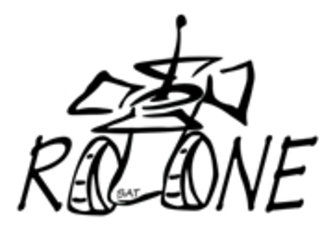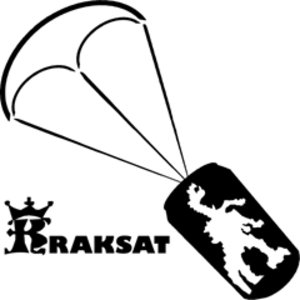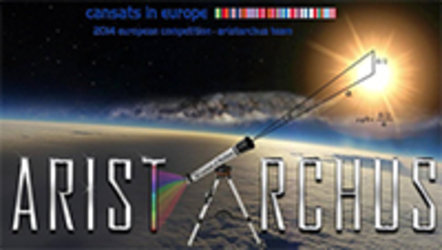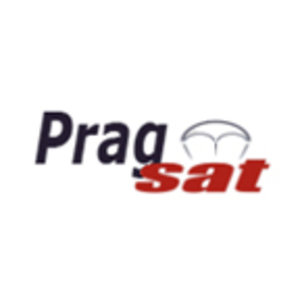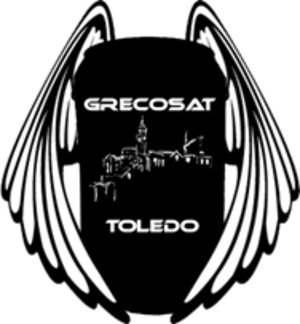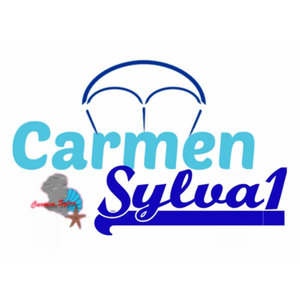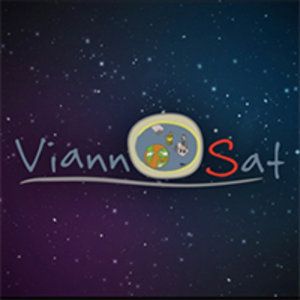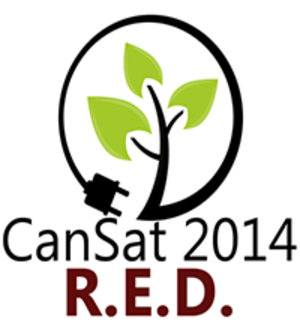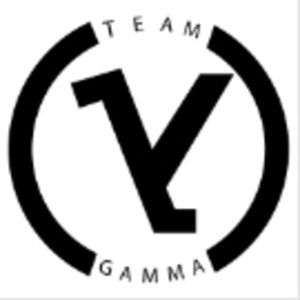2014 CanSat European competition teams
This year, up to 16 launch slots are available in total. In addition to the ESA selection, national competition organisers are automatically offered a place for their winning team and seven of them are also expected to take part in the 2014 competition.
It is possible for a launch slot to be reserved by the organisers of a national or regional CanSat activity (see guidelines).
ESA’s Education Office selected nine teams to take part in the launch campaign, which will be hosted at the Andøya Rocket Range in Norway, 1-5 June 2014.
The Beginners category is intended for teams with no prior experience in designing and building a CanSat or a similar project.The winning teams in this category are:
- Gamma team, Europaschule SZ SII Utbremen from Bremen in Germany. Their Apollo 12 experiment will measure the temperature and humidity profile during descent.
- R.E.D team, Gymnasium Vegesack, also from Bremen in Germany. Their Recyclable Ecological Designs (R.E.D.) experiment will test an alternative energy system based on solar panels.
- ViannoSat team, Lyceum of Viannos from the Greek island of Crete. Their experiment will test deployment of a tethered satellite to measure Earth's magnetic field.
- Carmen Sylva 1 team, “Carmen Sylva” High School from Eforie Sud, also in Romania. Their CanSat will study the atmosphere and magnetic field, and attempt a controlled landing.
- GrecoSat team, IES El Greco from Toledo in Spain. They will measure atmospheric gases and attempt a landing cushioned by an air bag.
The Advanced category is intended for teams that already have some practical experience or come from a technical background and are therefore able to undertake a more complex project.
- PragSAT team, Secondary Technical School of Electrotechnical Engineering from Jecna in the Czech Republic. Their payload will measure 3D acceleration and magnetic fields.
- Aristarchus team, 3rd General Lyceum of Mytiline from Strati Myrivili in Greece. Their CanSat will make observations of the Sun.
- Kraksat 2014 team, Liceum Ogólnokształcące from Kraków in Poland. Their payload will measure radiation changes to detect life.
- Ro-Sat One team, National College of Computer Science from Piatra Neamt in Romania. Their CanSat will obtain data during descent and after landing with a rover.


